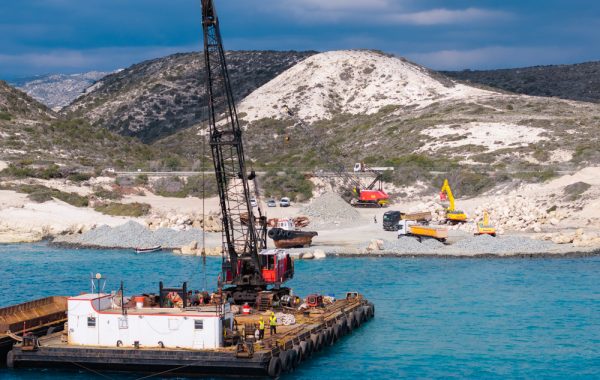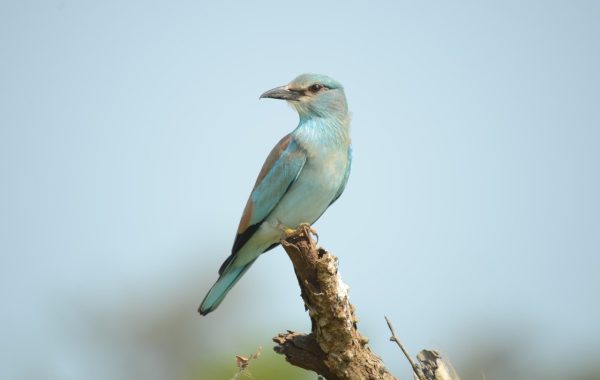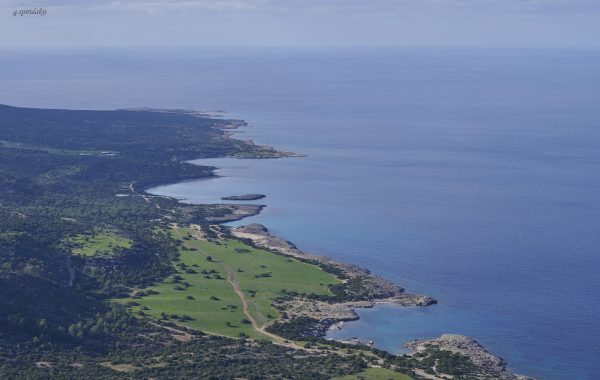The future of our countryside is up for debate in Brussels right now, with BirdLife leading the calls for a sustainable and wildlife-friendly EU farming policy.
Yes, the dreaded CAP (Common Agricultural Policy) again. And no, common sense has not yet prevailed. Too many bureaucrats, politicians (and farming lobbies) across the EU still seek to ‘paint as green’ a CAP that rewards big farming with big subsidies while our farmland ecosystems (and birds) go down the pan. 80% of direct payments go to the richest 20% of beneficiaries; the biggest environmental payments go to the least effective environmental measures and new ‘greening’ measures have been emptied of effectiveness.
At stake in the ongoing debate about the CAP post-2020 are the future of farming and the legitimacy of the EU’s biggest policy instrument. What we need is radical reform: a clean break from the social and environmental disaster that is the old CAP and a shift to effective support for small farmers and an ‘ecological transition’ that rewards farmers for environmental delivery in the form of sustainable production and sustainable land management.
With evidence of ecological collapse in farmland mounting and as the biodiversity and climate crisis deepens, the need for today’s decision-makers to wake up to the environmental challenge staring them in the face has never been greater.
There are positives. The European parliament has called for a CAP that supports a transition to environmentally friendly farming and the EU Court of Auditors has issued a timely reality check. But then we also have bickering EU Agriculture Ministers coming out with incoherent and frankly surreal position statements.
As BirdLife Cyprus, we try to play our part in what is going on in Brussels, supporting BirdLife International in this ‘good fight’ wherever we can. Plus we are trying to change things at Cyprus level. Our Barn Owl project is engaging with farming communities and we are pushing for implementation of the Natura 2000 site management plans we drew up for the government with IACO Consultants, which include key measures for wildlife-friendly farming.




